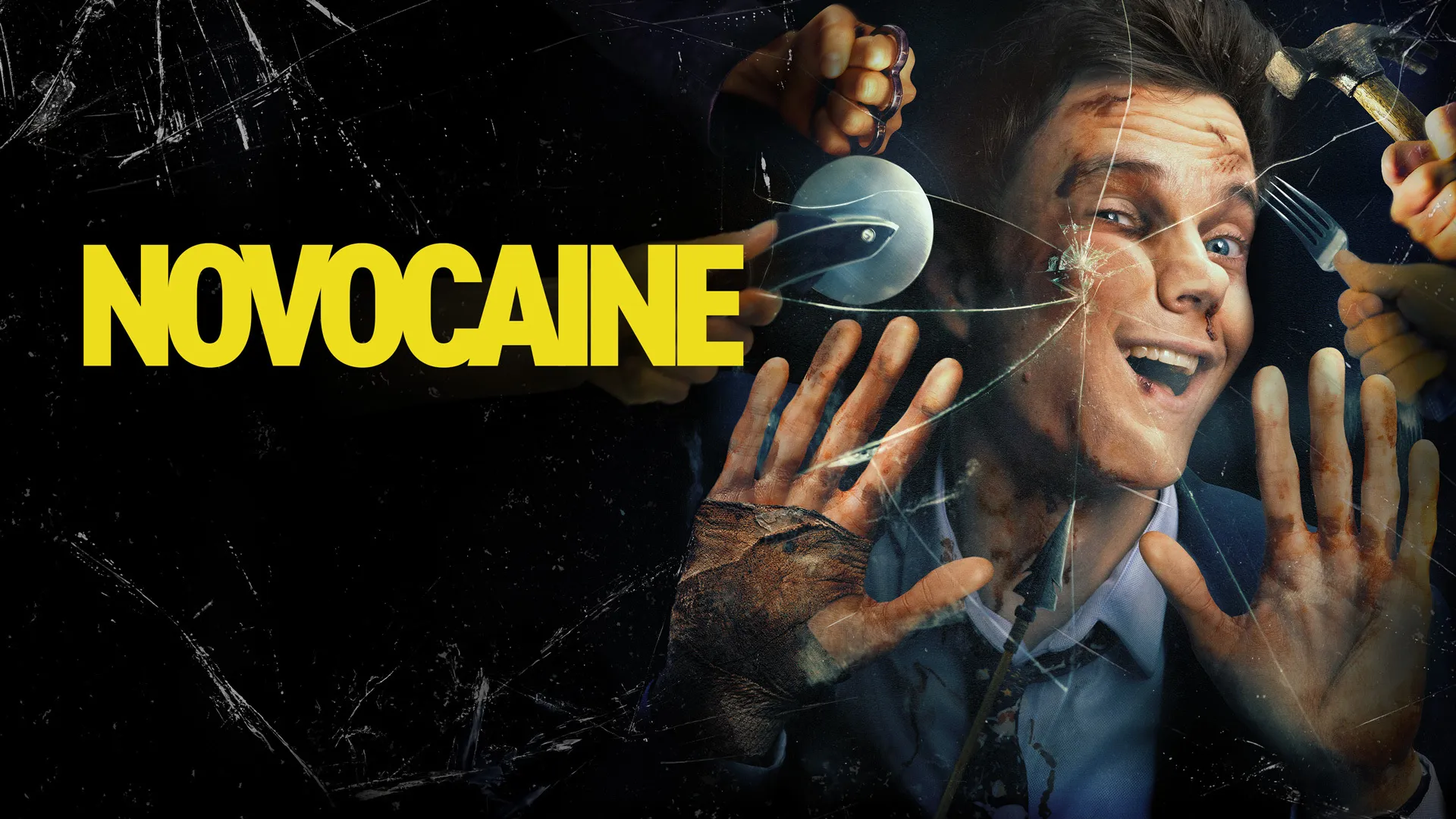When goodbye never came, love found another way.
Before Patrick Swayze’s Sam whispered “Ditto,” and before Demi Moore’s tears fell into clay, Ghost had already carved its name into cinema history — not just as a romance, but as a spiritual echo that still lingers decades later. Directed by Jerry Zucker, Ghost is a story of love, loss, and the invisible threads that connect us beyond the grave.

Sam and Molly are the perfect couple: young, in love, and building a life together in New York City. But when Sam is murdered in a seemingly random street attack, he finds himself trapped between worlds — invisible to the living, unable to move on. Desperate to protect Molly from a looming danger she doesn’t yet see, Sam seeks help from the unlikeliest of allies: Oda Mae Brown, a flamboyant medium who never expected to meet a real ghost.
As the story unfolds, Ghost becomes more than a supernatural tale. It’s a meditation on grief — and the urgent need to say what we don’t say in time. It’s about unfinished love, unfinished goodbyes, and how sometimes… the soul can’t leave until the heart lets go.
:max_bytes(150000):strip_icc():focal(999x0:1001x2)/demi-moore-patrick-swayze-ghost-100725-c7d00a2bd8034dc5946284a02571f15b.jpg)
Whoopi Goldberg’s Oscar-winning performance as Oda Mae delivers humor, humanity, and raw honesty, balancing the tender ache of Swayze and Moore’s tragic romance. The now-iconic pottery scene — set to “Unchained Melody” — has become one of the most sensual, symbolic moments in cinematic history: love made tangible through touch, memory, and loss.
Ghost doesn’t end in silence. It ends with light — and with the haunting reassurance that while life may end, love… never really does.
-1752552483-q80.webp)

-1754621097-q80.webp)
